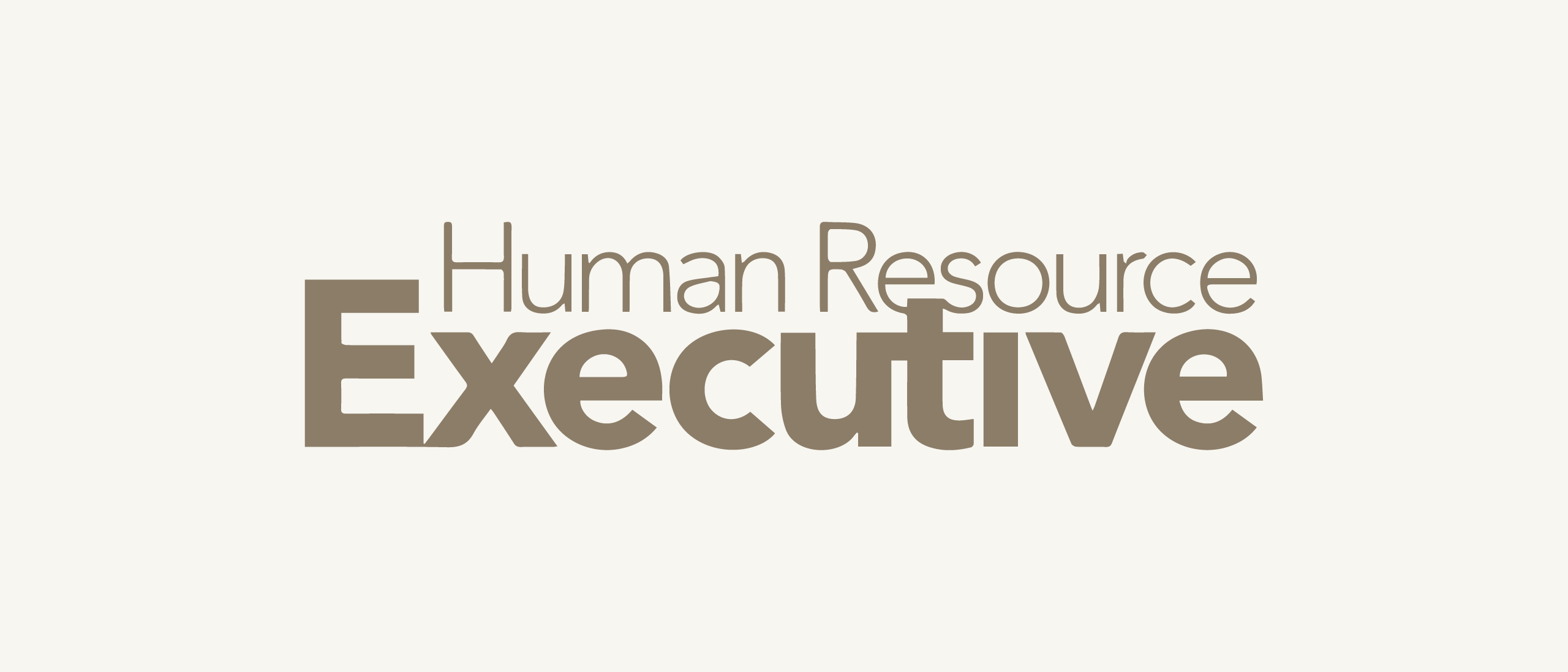HR Tech CEO and Former OpenAI Exec Discuss AI’s Workforce Implications
A crowd of attendees lingered in a busy breakout session room at HR Tech on Thursday to talk with presenters—and cousins—Nathan Christensen, CEO of Mineral, and Zack Kass, a former executive with OpenAI, the company behind ChatGPT.
In their HR tech dialogue, The Disruptor and Disrupted: A Candid Conversation, the two discussed the possible implications of advancing AI within HR and surfaced reasons for optimism in a profoundly transformed work landscape.
I sat down with Christensen and Kass after their talk, which was particularly well-received by the audience. My impression is that the duo’s direct delivery, and Kass’ experience with perhaps the most influential AI company of our time, provided attendees with a pragmatic view of how AI can fit into their own future at work.
Regarding resistance to AI, Kass said that people are applying a “definitive fear” to something indefinite. Knowledge workers, he said, are particularly vulnerable to this because they don’t have the experience of being disrupted during previous productivity shifts. He noted that many people have fears not necessarily about security or privacy but of losing their identity if the way they work changes fundamentally.
Christensen said that HR leaders should think about how they can communicate with their workforce about job opportunities that aren’t attached to job titles. He also identified three things that AI can’t do, suggesting that these are the traits that successful people will cultivate for the future: vision, wisdom and courage.
Why do skills resonate with HR leaders?
I met with Madeline Laurano, founder of Aptitude Research, this afternoon, and she told me recent research from her firm reflected that around half of employers reported investing in skills. She says this has long-range benefits for both employee experience and organizational growth.
According to RedThread co-founder and HR Tech speaker Stacia Garr, the concept of skills is personal. “Each of you can see yourself in skills,” she said. She also says that this topic is pressing and that business leaders see an immediate need to understand the skills of their current and future workforce.
Mid-size enterprises get access to a proven HCM solution
I met with Yvette Cameron, SVP of global Cloud HCM product strategy at Oracle, this week to discuss the recently released Oracle HCM Now, a solution designed for mid-size enterprises with up to 15,000 employees. This is a new segment of the market for Oracle’s product, yet one that includes a vast number of employers.
Cameron told me that HR teams in this category are under “immediate pressure” to meet today’s employment challenges in a time of volatility. Oracle HCM Now is designed to deliver “quick wins” to these teams and set them up to implement future HCM phases.
Quincy Valencia, leader of HR Tech ChatHRT roundtables and president at Ventana Research, said that Oracle HCM Now addresses a gap in the market. “Having access to a broad and unified HCM solution set and a swift implementation approach enables mid-size enterprises to quickly respond to changing business needs and achieve faster time to value.”
Will candidates ask your HR team this question?
In his keynote presentation, Marcus Buckingham said he would encourage people starting in their careers to ask potential employers one unexpected question: “What are your rituals?” He mentioned the fast-food company Chick-fil-A, which has won a string of customer satisfaction awards.
Behind these awards, he says, are certain rituals, such as being closed on Sunday so employees can be with family. Will candidates start asking questions like this? Check out why Marcus says this is possible, with his vision of Love + Work.
Join us soon. Get your tickets to future HRE events and conferences, including the exciting new HR Tech Europe.
This articles was authored by Jill Barth, and originally published via hrexecutive.com on October 12, 2023.


